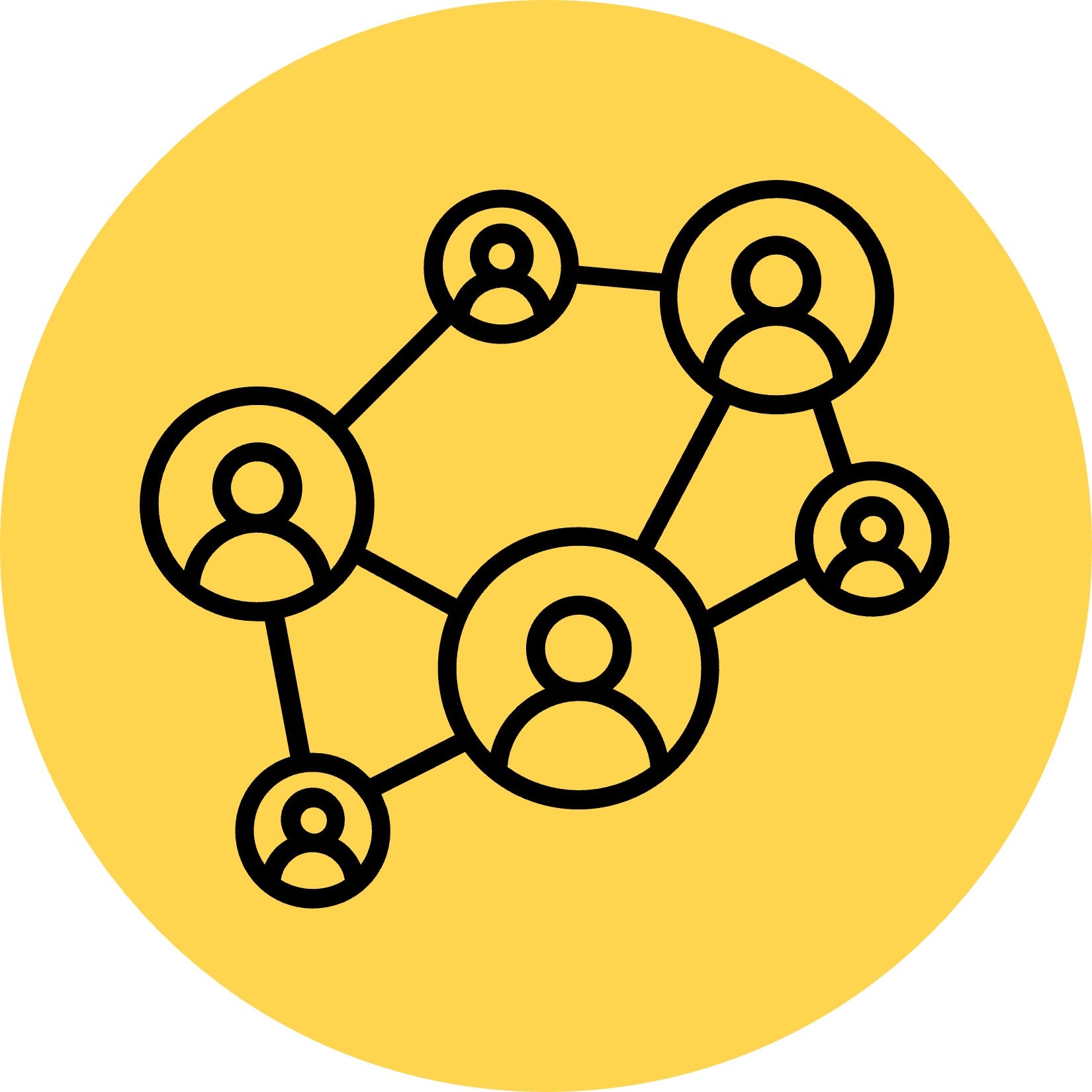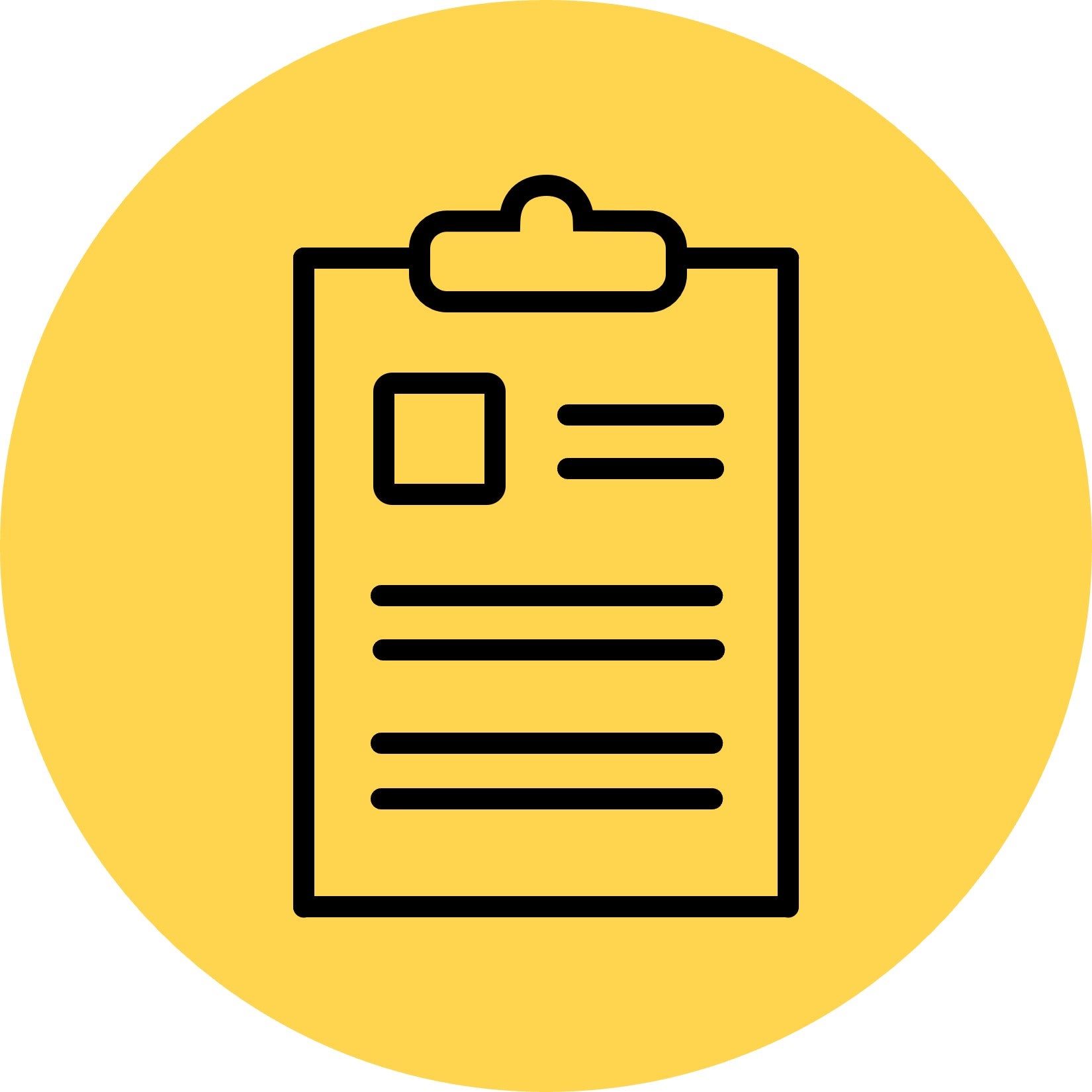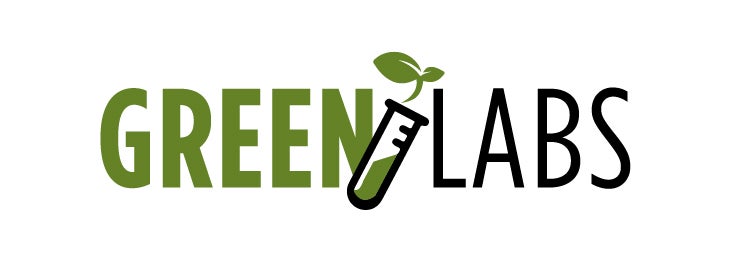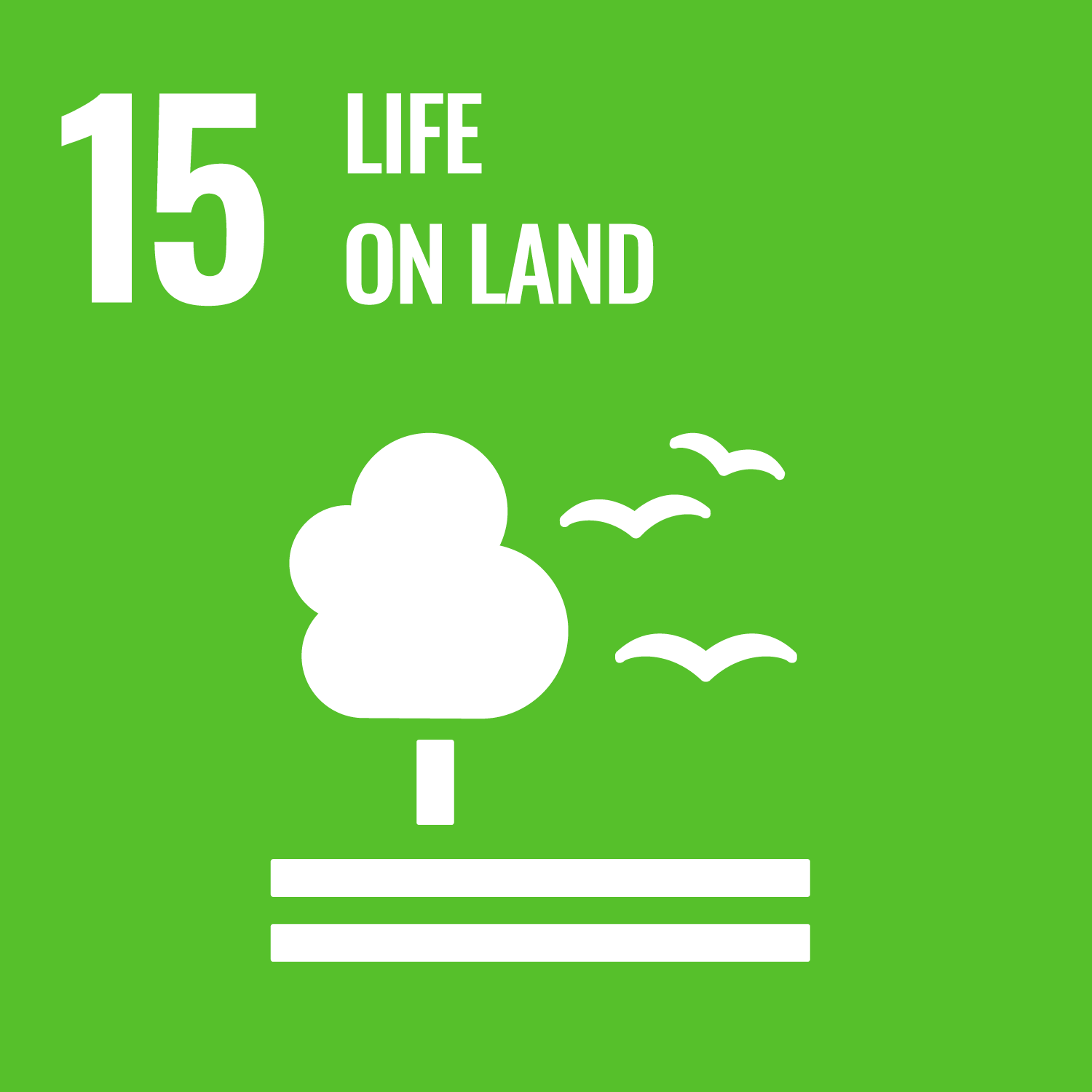
Overview
The Green Labs program was piloted in 2021 and launched in 2022 as a way for students, staff and faculty to build more sustainable lab practices across campus. As large consumers of energy and materials, labs have an critical role to play in meeting our climate and sustainability goals. Luckily, best practices for lab sustainability are often aligned with lab safety, and there are many ways to improve sustainability without comprising research integrity.
No matter your role in the lab, there is a place for you in the Green Labs program. Some of the benefits include:
- Building relationships across campus
- Learning new skills
- Making a positive impact on campus sustainability
- Achieving certification for your lab
- Having fun!
The Green Labs 101 (PDF) provides a high-level summary of the program. Continue reading to learn more about the program structure, participating and certified labs, and some program highlights to date.
How it works
The Green Labs program is grassroots-driven. It supports ambassadors from each participating labs to improve sustainability in their lab spaces and build a culture of sustainability within their teams. Ambassadors can access the following tools to help make these changes:

Ambassador network
A discussion board with a growing network of like-minded employees and students from across campus who are also supporting efforts in their own areas

Resource toolkit
A set of templates, best practice guides, and communication materials

Recognition
A common scorecard to help identify new project opportunities and receive a Bronze, Silver, Gold, or Platinum designation for your office

Support structures
Ongoing check-ins, trainings, challenges and resources led by the Sustainability Office to tackle action items
Certified labs
As of September 2024:
The following labs are participating in the Green Labs program and have received certification under the Platinum, Gold, Silver, or Bronze designation. You can explore individual scorecard submissions in the chart below by using the Lab and Year filters.
Observing labs:
- Analytical Chemistry Water Lab
- Analytical Chemistry Teaching Lab
- Health Services
- Undergrad Biochemistry Teaching Lab
- Velocity
- Waterloo Wetland Laboratory

- Undergraduate Organic Chemistry Teaching Lab
- Chemical Engineering Undergraduate Teaching Lab

- Ecology Lab
- Quantum-Nano Fabrication and Characterization Facility (QNFCF)
- Pharmacy Flexible Teaching Lab

- Anatomy Lab






